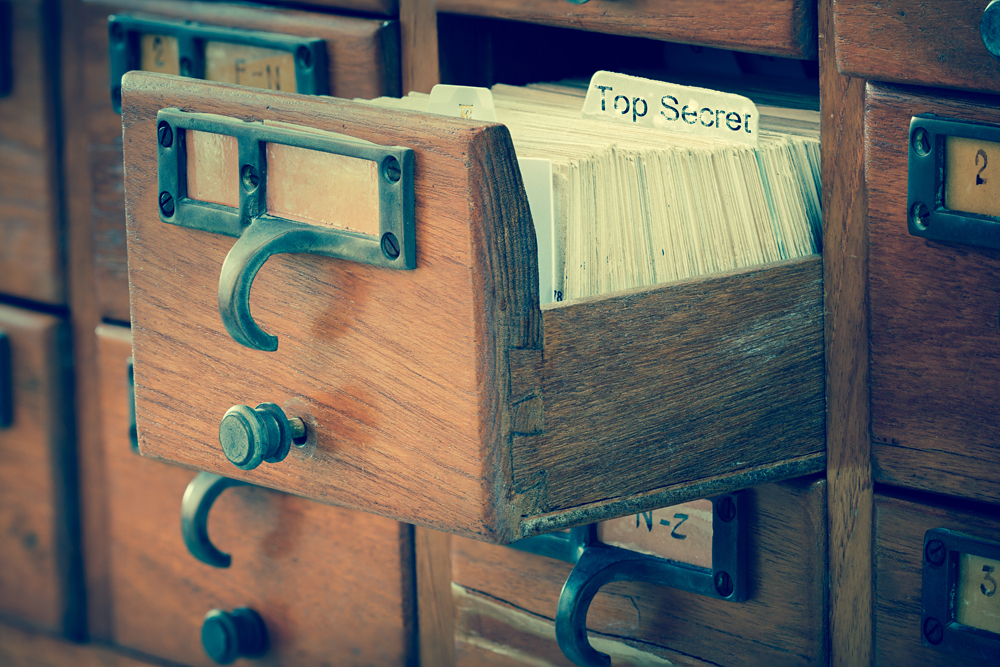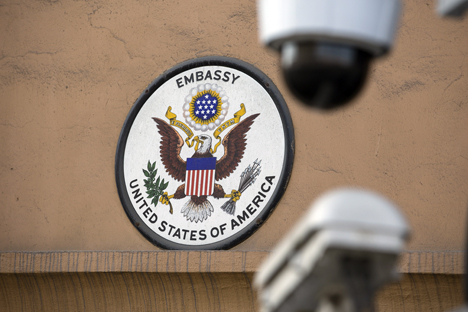U.S. will return stolen historical documents to Russia

The U.S. authorities will return 28 historical documents from the 18th-20th centuries to the Russian government.
Shutterstock/Legion MediaOn March 3, 2016 the residence of the U.S. Ambassador in Moscow will host a ceremony in which the American authorities will return 28 historical documents from the 18th-20th centuries to the Russian government. The artifacts were stolen from Russian archives in the 1990s and 2000s and were later discovered by Department of Homeland Security officials. The historical valuables were presented at auctions, art galleries and private collections.
Valuable documents seized
The official ceremony will be conducted by the U.S. Ambassador to Russia John Tefft. The event will include representatives of the U.S. Department of Homeland Security, the Russian Ministry of Culture, influential representatives from the worlds of art and culture, historians and archivists.
The event will be the sixth of its kind. It is assumed that among the 28 particularly valuable historical documents will be:
- 4 imperial decrees obtained by the Russian Ministry of Culture from the Leonard Auction (December 10, 2011). The documents had been stolen in 1994 from the Russian State Historical Archive by the Vladimir Fainberg group and illegally transported to the U.S.
- 17 drawings made by architect Yakov Chernikhov, stolen in 2003-2006 from the Russian State Literature and Art Archive in Moscow and subsequently seized by U.S. authorities at an American antiques market.
- A decree to thePeople's Commissar of Defense of the USSRsigned by Joseph Stalin from March 14, 1944 and obtained in 2012 from the Nate D. Sanders Auctionsin Los Angeles. The document wasremoved from the Russian State Military Archive in Moscow.
Cooperation between Russia and the U.S. continues
In the words of Spokesperson William Stevens from the U.S. Embassy in Moscow, such events attest to the fact that despite the political confrontation, cooperation between the two countries on practical matters continues.
"Russian officials often complain about the U.S.'s extraterritorial implementation of its law, but in this case it is the U.S. that is implementing Russian laws on its territory,” explained Stevens.“The Russian government presented us with information stating that certain valuables were illegally taken out of their country and brought into ours and we have helped them return the stolen property."
In accordance with tradition, the ceremony in which cultural valuables are returned from the U.S. takes place every one or two years with the participation of local media. The last ceremony was held on June 13, 2013 at the Spaso House, the residence of the American ambassador in Moscow. Former U.S. Ambassador to Russia Michael McFaul gave the Director of the Russian Archive Andrei Artizov and representatives of the Russian Ministry of Culture eight archival documents that had been stolen from the Russian archives and illegally brought to the U.S.
Full version of the text published in Kommersant
Read more: A medal for years in a Soviet prison>>>
All rights reserved by Rossiyskaya Gazeta.
Subscribe
to our newsletter!
Get the week's best stories straight to your inbox
